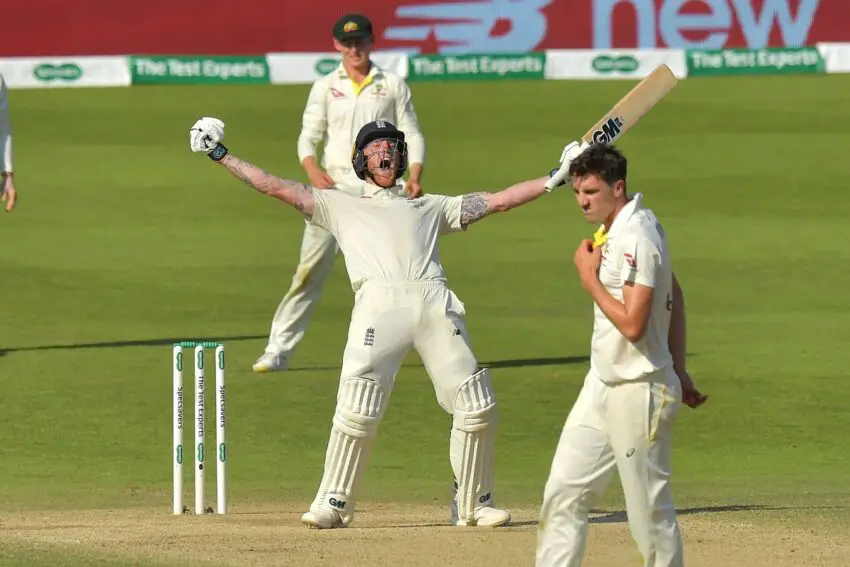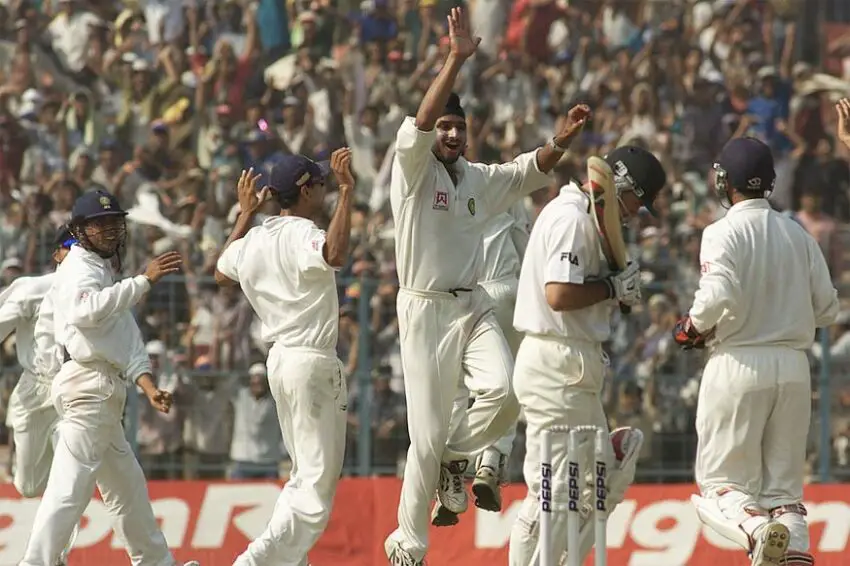Cricket is a game of skill, strategy, and tactics, and it's no secret that umpiring decisions can often make or break a match. Over the years, there have been numerous instances where umpires have made controversial decisions, leading to heated debates and discussions among fans, players, and experts alike.
1. Sydney Test, 2008: Australia vs India
In the second test of the 2008 Border-Gavaskar Trophy, umpire Steve Bucknor made a series of contentious decisions that went against India, including the dismissal of Indian batsman Sourav Ganguly. The decisions were widely criticized, and Bucknor was subsequently dropped from the remaining tests of the series.
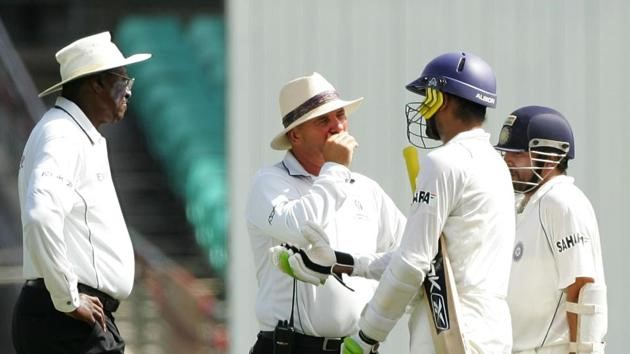
2. World Cup Final, 2019: England vs New Zealand
The 2019 World Cup final between England and New Zealand was one of the most thrilling matches in cricket history. However, controversy struck in the final over when umpire Kumar Dharmasena awarded six runs to England, instead of five, for a deflected ball that went to the boundary. The decision was widely debated, with many questioning whether it was the right call.

3. Kolkata Test, 2001: India vs Australia
In the second test of the 2001 Border-Gavaskar Trophy, umpire S. K. Bansal made a controversial decision to give Indian batsman VVS Laxman not out, despite appearing to have edged the ball to the wicketkeeper. The decision was criticized by the Australian team and fans, as it went on to become a turning point in the match.
4. Adelaide Test, 2012: Australia vs South Africa
In the second test of the 2012 series between Australia and South Africa, umpire Asad Rauf made a controversial decision to give Proteas batsman Faf du Plessis not out, despite appearing to have edged the ball to the wicketkeeper. The decision was widely criticized, as it led to South Africa salvaging a draw from the match.
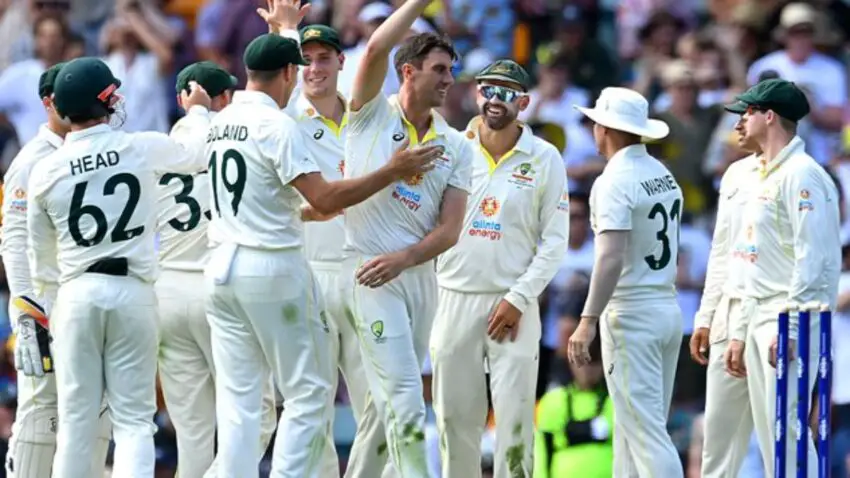
5. Oval Test, 2006: England vs Pakistan
In the 2006 Oval Test between England and Pakistan, umpires Darrell Hair and Billy Doctrove awarded five penalty runs to England after they accused Pakistan of ball-tampering. The decision sparked a massive controversy, with Pakistan team refusing to come out for the second innings and the match being forfeited.
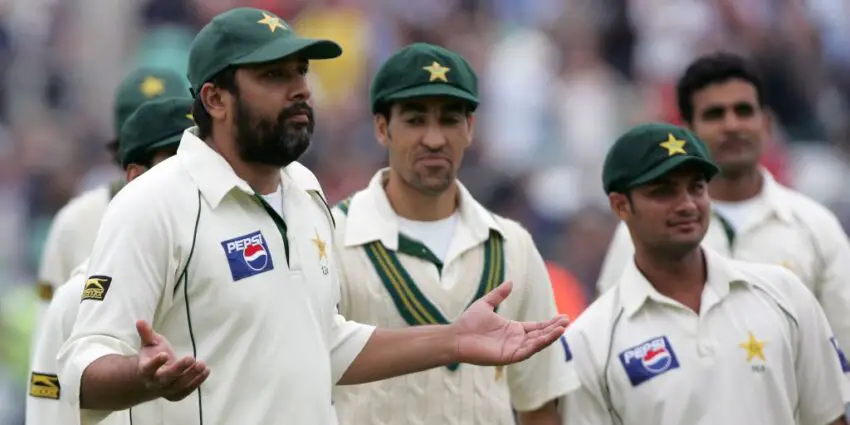
6. Mumbai Test, 2012: India vs England
In the second test of the 2012 series between India and England, umpire Aleem Dar made a controversial decision to give English batsman Kevin Pietersen not out, despite appearing to have edged the ball to the wicketkeeper. The decision was criticized by the Indian team and fans, as it went on to become a turning point in the match.
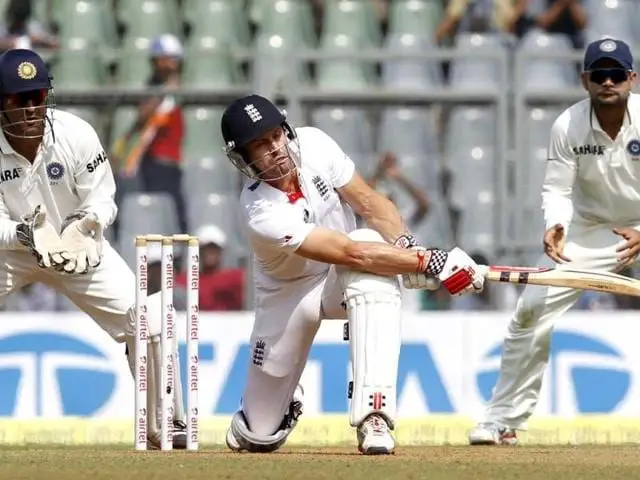
7. Hobart Test, 1999: Australia vs West Indies
In the 1999 series between Australia and West Indies, umpire Ross Emerson no-balled spinner Muttiah Muralitharan for chucking, leading to a heated argument between the two teams. The decision was widely criticized, with many experts claiming that Muralitharan's bowling action was legal.
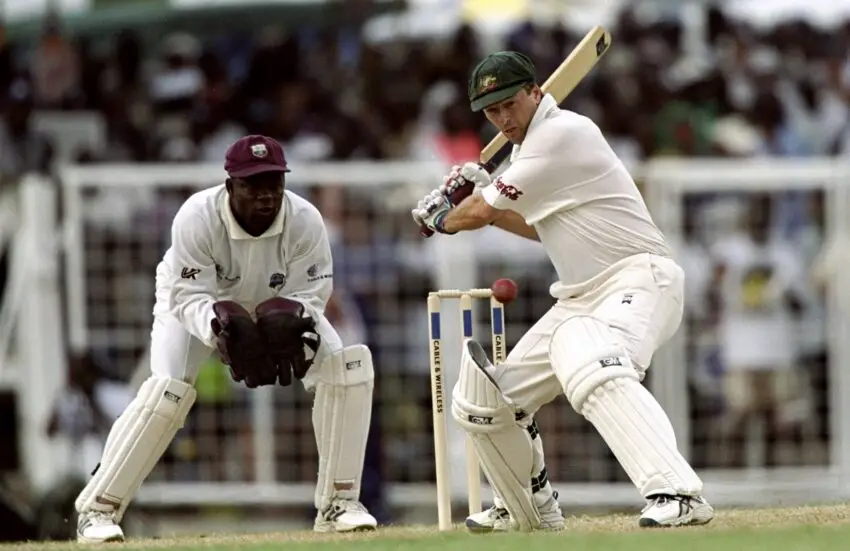
8. Trent Bridge Test, 2013: England vs Australia
In the 2013 series between England and Australia, umpire Marais Erasmus made a controversial decision to give English batsman Stuart Broad not out, despite appearing to have edged the ball to the wicketkeeper. The decision was criticized by the Australian team and fans, as it went on to become a turning point in the match.
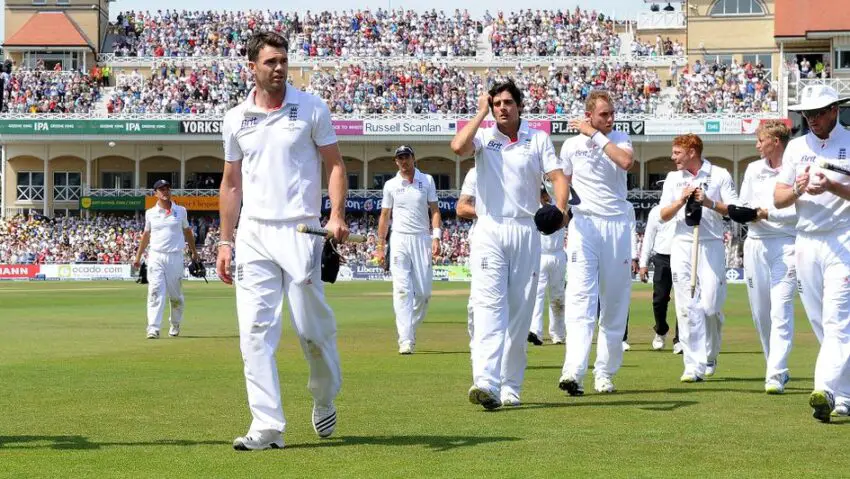
9. Bangalore Test, 2017: India vs Australia
In the second test of the 2017 series between India and Australia, umpire Chris Gaffaney made a controversial decision to give Indian batsman Cheteshwar Pujara out, despite the ball hitting his thigh pad and not the bat. The decision was heavily criticized by the Indian team and fans, as Pujara was a key batsman, and the decision had a significant impact on the outcome of the match.
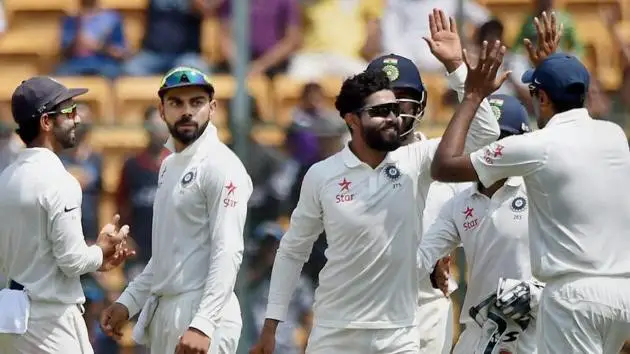
10. Headingley Test, 2019: England vs Australia
In the third test of the 2019 Ashes series between England and Australia, umpire Joel Wilson made a controversial decision to give English batsman Joe Root not out, despite appearing to have nicked the ball to the wicketkeeper. The decision was criticized by the Australian team and fans, as it went on to become a turning point in the match, with Root going on to score a century and leading England to a remarkable victory. These are just a few of the most controversial umpiring decisions in cricket history, with many more instances of contentious calls and questionable judgments over the years. While umpires are only human and can make mistakes, their decisions can have a massive impact on the outcome of a match and the careers of players. It is up to the cricketing authorities to ensure that umpires are adequately trained and equipped to make the right calls and minimize controversies as much as possible.
